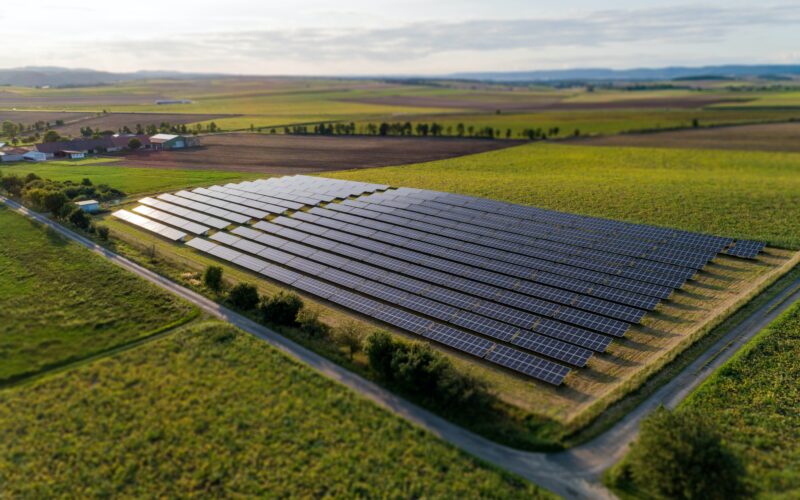The government has referred two more proposed solar farms into the fast-track consent process, just as it draws closer to revealing its new plans to make renewable electricity generation consents simpler.
The government has come under pressure from the sector, which says its plans for electrification of the economy will not eventuate because of the length of time and expense it takes to get projects consented.
Numerous submissions on planned reforms to the Resource Management Act (RMA) have said the new law will only make it worse.
National weighed into the debate with its election-year promise to “Electrify New Zealand” and said it would issue a new national policy statement (NPS) for renewable electricity generation.
Under this, solar, wind, geothermal and biomass generation would be a controlled activity requiring councils to update their “plans to make consents for these generation types near-automatic”, if national rules are met.
Energy Minister Megan Woods recently responded to this by saying that the government has been working for some time on a new version of the NPS.
“The NPS work is all but complete, and I’m pleased to say it will be released within the month. There’s plenty more work to do, but we’ve made good progress and we’ll continue to make the real action to decarbonise New Zealand through electrification,” Woods said.
In response to criticism of the current consenting process and what was outlined in RMA reform, Woods said the government has been “working constructively with the electricity and the energy sector to ensure we have been working through what issues need to be addressed in the forthcoming legislation”.
The minister said criticisms from Contact Energy, that the single biggest threat to new renewables is the government’s RMA reforms, were made at an early stage of the bill. She indicated changes are being made.
In the meantime, the two latest possible solar farms referred to the fast-track process take the total of renewable energy projects to five.
The fast-track consent was created in the early days of the response to the covid pandemic. It legislates for an independent panel to consider the consent, shortened timeframes and a reduced number of parties that can make submissions.
Its initial sunset clause was extended and is now planned to be part of the reformed resource management system. It allows ministers to send projects straight to the panel, which is administered by the Environmental Protection Authority (EPA).
The Rangiriri Solar Farm and Waerenga Solar Farm are planned to produce about 220 gigawatt hours (GWh) and 300GWh, respectively, of electricity a year. Transpower, as the operator of the national grid, is named as a joint applicant as it handles the associated infrastructure.
The ultimate company behind the projects is IGP, which is also involved in other solar projects.
Environment Minister David Parker said the ongoing operation of the projects, and associated power infrastructure, will improve long-term economic and employment outcomes in Waikato.
“Fast-track consenting will become a permanent part of the resource management system through the proposed Natural and Built Environments Bill. It has already reduced consenting time by an average of 15 months per project, saving infrastructure builders time and money,” Parker said.
There has been a rush of solar farm projects in recent years, but so far only a few have got off the ground, with energy sector experts saying not all of the projects will.
But they do represent another shift up in gear as the sector looks to diversify New Zealand’s renewable portfolio.
Rangiriri Solar Farm will be a 200,000 solar panel facility and electricity substation on 275ha near Rangiriri, Waikato.
If approved, construction will take about 18 months and create up to 120 full-time jobs. The farm will also employ up to nine full-time staff when operational.
Waerenga Solar Farm will develop a 290,000 solar panel facility to occupy 385ha across three properties near Waerenga township, east of Te Kauwhata.
The other renewable projects sent to fast-track are:
• Tauhei Solar Farm project in Waikato.
• Te Rere Hau Wind Farm Repowering project in Manawatū.
• Waiterimu Solar Farm project in Waikato.










